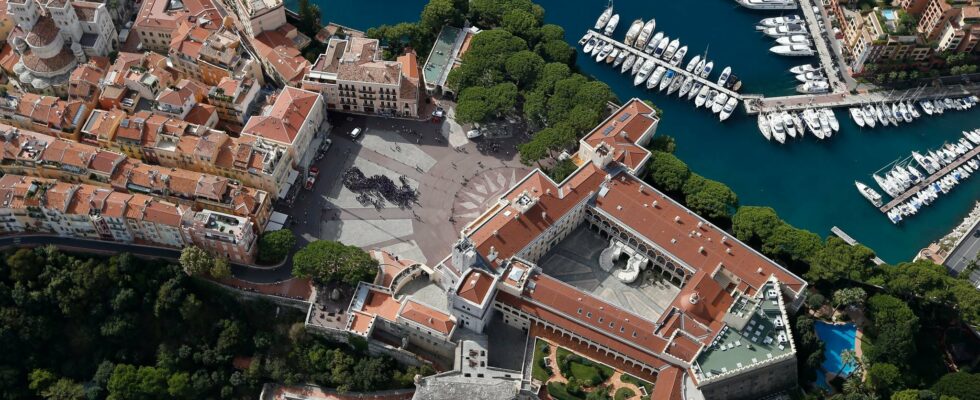While the Lépine competition for new taxes rages in France, neighboring Monaco is cultivating its tax leniency. Explanations from Audrey Michelot, tax specialist and counsel at CMS Monaco.
L’Express: Is Monaco a popular destination currently?
Audrey Michelot: The principality regularly attracts new residents, mainly English and “UK non-dom”, a British tax regime in danger of extinction, but we have noticed a growing interest from the French since this summer. Faced with budgetary uncertainties, some are considering emigrating, and Monaco is often on their list, alongside Italy, Spain or Switzerland.
What are the advantages?
They are numerous, starting with legal and economic stability, ideal for business creation. In recent years, new arrivals have mainly been entrepreneurs, unlike in the past when they were more heirs or retirees. In addition, security is excellent, and the Mediterranean climate is very pleasant.
The principality is particularly advantageous in terms of inheritance. Depending on the assets held, it is possible to benefit from Monegasque rules. Unlike France, where only transmission between spouses is exempt but where other cases are heavily taxed, Monaco does not apply any inheritance tax between spouses, in the direct line or between grandparents and grandchildren.
Interest in income taxation is less for the French, due to the specific tax convention between the two countries. French people domiciled in Monaco remain subject to income tax and real estate wealth tax in France, even without income from French sources. On the other hand, they may be exempt from social security contributions.
Who can settle in Monaco?
To reside there for more than three months, citizens of the European Union must obtain a residence card by meeting three main conditions. They must have housing adapted to the size of their family and their lifestyle, have a clean criminal record and demonstrate sufficient financial resources. People without activity are required to provide a certificate from a local bank confirming a minimum balance of 500,000 euros. As for employees, they must prove that their remuneration, or additional personal resources, cover their needs.
Beyond these formal considerations, it must be kept in mind that a transfer of residence has tax and civil consequences, for example in the event of divorce. A comparative analysis of destinations is necessary to assess their advantages and disadvantages, particularly from a family perspective. It’s better to keep a cool head and not make decisions based on emotion.
